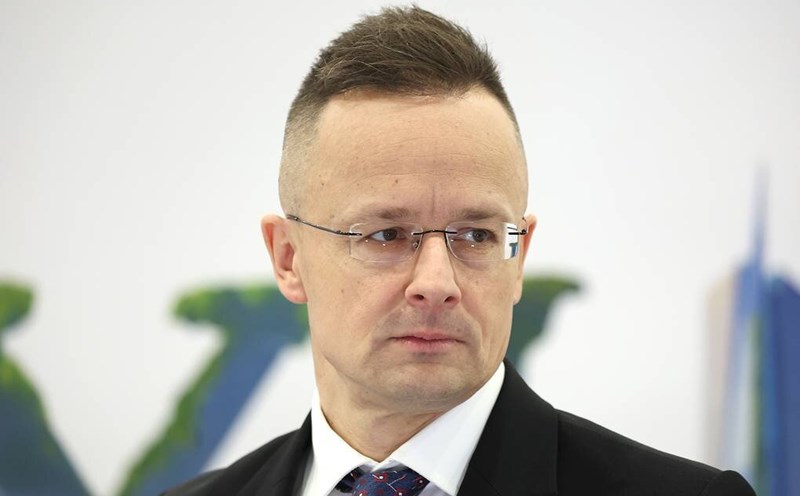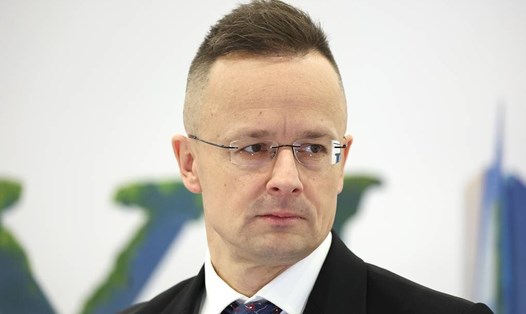On November 19, Slovakian Prime Minister Robert Fico said he was preparing for an unprecedented legal confrontation with the European Union (EU). He assigned the Economic, Foreign and Justice Ministers to analyze options to sue the EU over the plan to completely stop Russian gas supplies from 2028.
The tough move comes after the EU Council in October approved a roadmap ban on all Russian gas purchases, including pipeline gas and liquefied LNG, effective from 1 January 2028.
Speaking about the plan, Fico said: "There will be a document discussed by the government next week, where we will consider the possibility of filing a lawsuit."
The Slovakian leader stressed that the decision to sue or not will depend largely on whether the European Commission (EC) fulfills its commitments to Slovakia. Mr. Fico reiterated that these commitments - related to ensuring supply and prices - were made and signed directly by European Commission President Ursula von der Leyen earlier this year.
Slovakia, a landlocked country that relies heavily on Russian energy, fears that the ban in 2028 will skyrocket energy prices and cause serious shortages without solid assurance from the EU.
Although the compensation claim amount or specific legal basis have not been disclosed, Mr. Fico's threat shows a deep crack within the EU in energy policy. Slovakia and Hungary have long been the two strongest opponents of energy sanctions against Moscow.
This move also comes as the region is experiencing complex energy transition. Recently, Poland has proposed becoming a transit hub to supply US liquefied natural gas (LNG) to Slovakia in exchange for supplies from Russia. However, Slovakian President Peter Pellegrini admitted that in terms of technology and in the short term, completely replacing Russian gas is a huge challenge.
Mr. Fico's threat to sue the EU shows that Slovakia wants to hold firm "all the way": They want to ensure that if they are forced to abandon cheap Russian gas, the EU will be legally and financially responsible for any economic losses that Slovakia will suffer.













